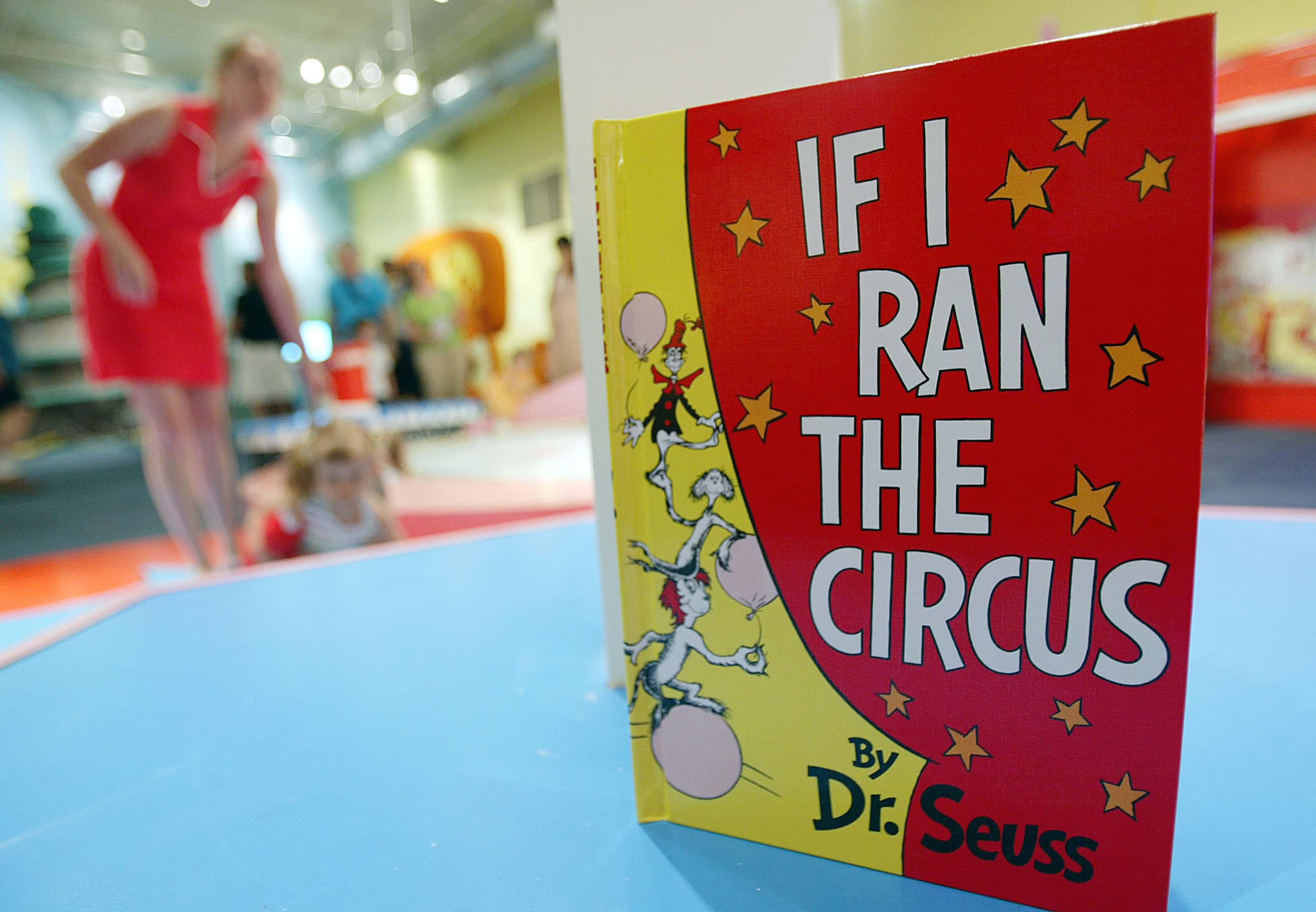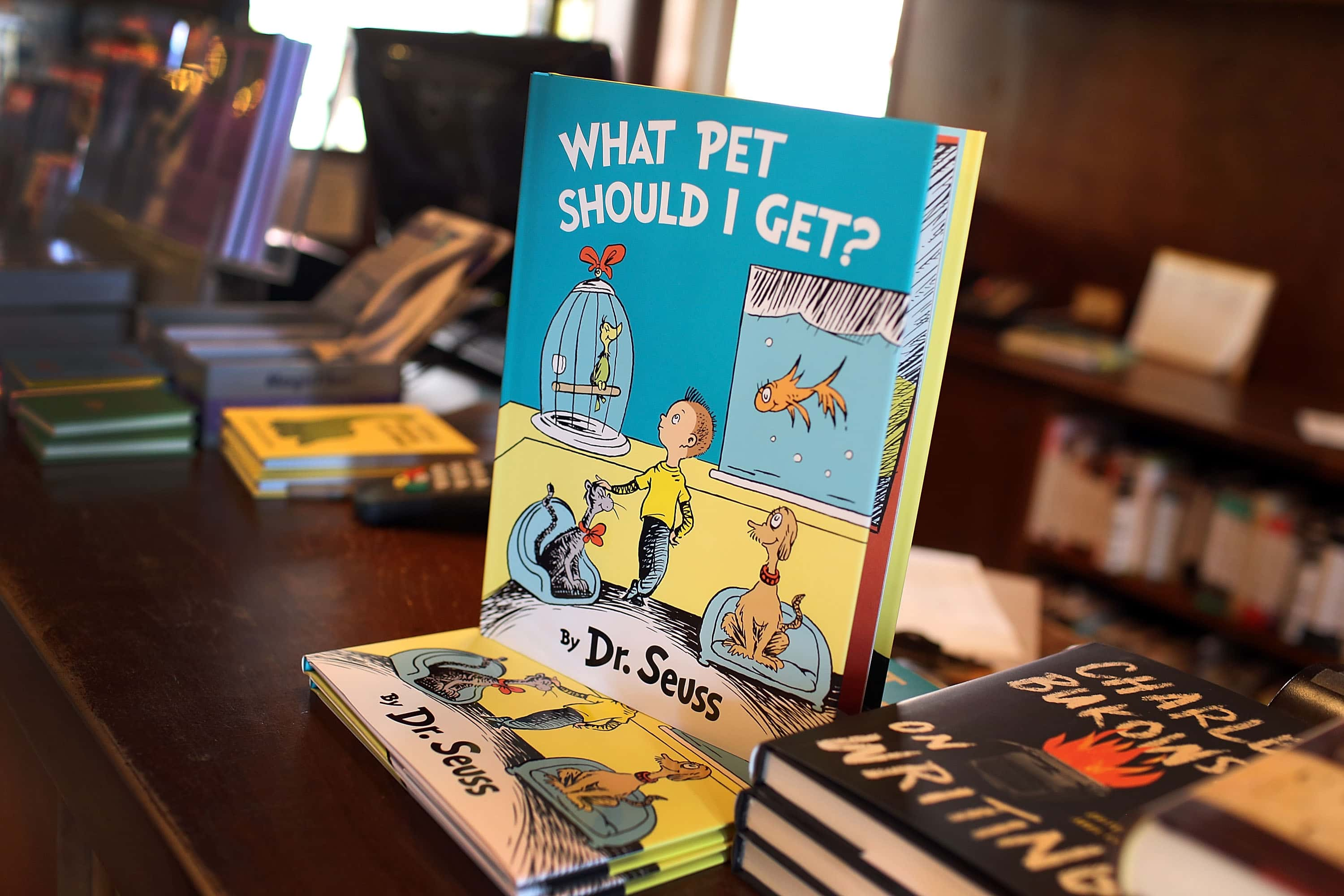Are Dr Seuss' books racist? Virginia school district cancels birthday celebrations citing 'racial undertones'

Loudoun County Public Schools will reportedly be dropping the "Read Across America Day" celebrations as the news comes just days before the country is set to celebrate Dr Seuss' birthday. However, this is, in a way, apparently indicating that the schools will cancel Dr Seuss or his children's books.
In fact, in a statement by Loudoun schools spokesman Wayde B Byard, he explained how false reports about Dr Seuss being canceled could have risen and said, "Dr Seuss books have not been banned in Loudoun County Public Schools (LCPS). LCPS believes that the rumor started because March 2 is 'Read Across America' day. Schools in LCPS, and across the country, have historically connected Read Across America Day with Dr Seuss’ birthday."
RELATED ARTICLES
The statement added, "Research in recent years has revealed strong racial undertones in many books written/illustrated by Dr Seuss. Given this research, and LCPS’ focus on equity and culturally responsive instruction, LCPS has provided guidance to schools in the past couple of years to not connect Read Across America Day with Dr Seuss’ birthday exclusively."
The statement further added, "We want to encourage our young readers to read all types of books that are inclusive and diverse and reflective of our student community, not simply celebrate Dr Seuss. Dr Seuss and his books are no longer the emphasis of Read Across America Day. That being said, Dr Seuss books have not been banned; they are still available to students in our libraries and classrooms."

Before this, in an announcement about disconnecting Read Across America from Dr Seuss birthday, he had said, "Realizing that many schools continue to celebrate ‘Read Across America Day’ in partial recognition of Dr Seuss’ birthday, it is important for us to be cognizant of research that may challenge our practice in this regard."
The announcement from the school district added, "As we become more culturally responsive and racially conscious, all building leaders should know that in recent years there has been research revealing radical undertones in the books written and the illustrations drawn by Dr Seuss."
This is not the first time that Dr Seuss' work has been accused of having racial undertones. Former first lady Melania Trump had also fired back at a Massachusetts elementary school librarian in 2017 after it was claimed that the children's author's books were examples of "racist propaganda".

In 2019, researchers Katie Ishizuka and Ramón Stephens examined 50 children’s books and over 2,200 characters created over decades by Dr Seuss and found that "of the 2,240 (identified) human characters, there are forty-five characters of color representing 2% of the total number of human characters.” The research further indicates 45 characters, 43 exhibited behaviors and appearances that align with harmful and stereotypical Orientalist tropes.










